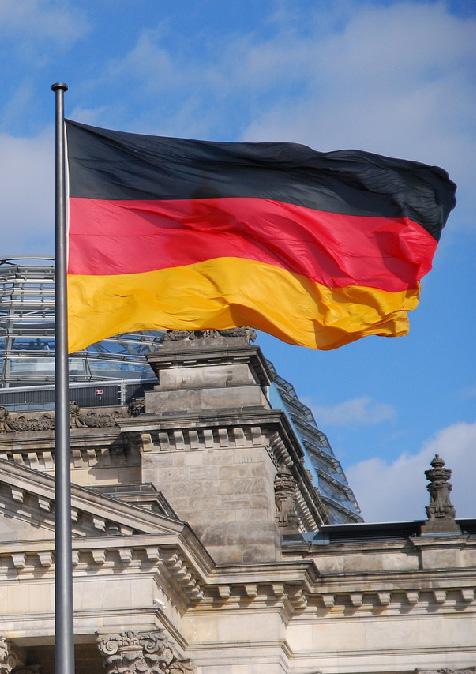Podcasts
Bridging the Gender Gap - Women's Environemental Leadership
29
May
2024
Related topics:
In this episode of Bridging the Gender Gap, we feature 2023 ADEL alumna Asmaa Guedira discussing Women's Environmental Leadership. Asmaa highlights the unique contributions women bring to environmental leadership and shares inspiring examples of successful women-led initiatives. She also explores the evolving role of women in tackling global environmental challenges and the importance of including diverse voices in decision-making. Drawing from her Moroccan background, Asmaa discusses the intersection of gender and environmental issues in Morocco and how solutions from Australia could be adapted. Tune in for an insightful conversation on women's environmental leadership.









